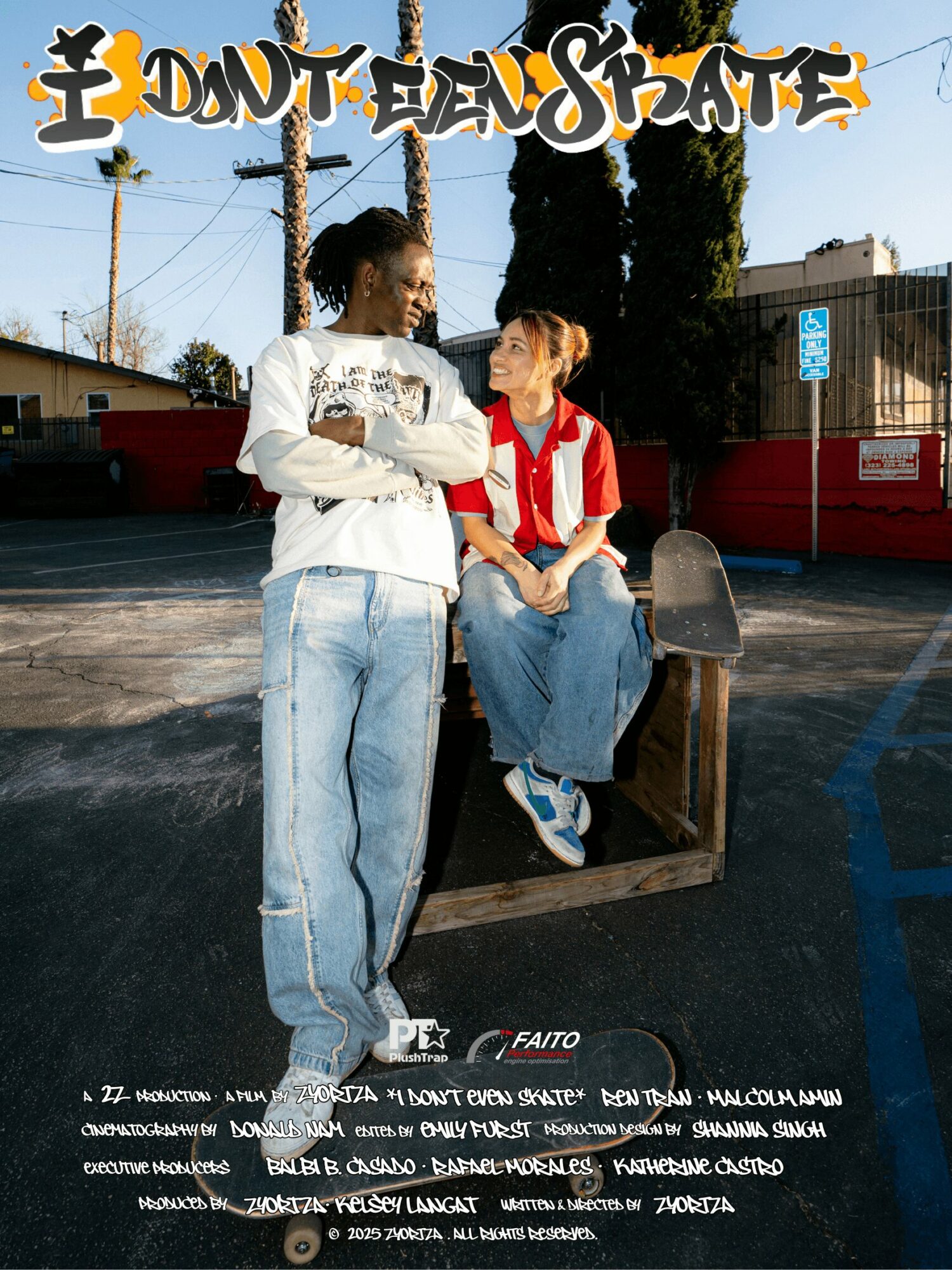

Today we’d like to introduce you to Zyortza Director Of “I Don’t Even Skate”.
Alright, so thank you so much for sharing your story and insight with our readers. To kick things off, can you tell us a bit about how you got started?
Honestly, “I Don’t Even Skate” started long before I ever wrote a single word of it. Looking back, I think the story really began the moment I landed in
Los Angeles — though I didn’t know it at the time.
When I got here for grad school, I arrived full of ambition. I had this image in my head — that I’d be the next big thing in cinema—, that L.A. would somehow hand me the future I’d been working toward. But the reality didn’t match the fantasy. Those first couple of years were messy. I took on whatever jobs I could find just to cover rent — none of them had anything to do with film. I wasn’t creating; I was just trying to stay afloat. And the longer that went on, the further I felt from the person I came here to be. Quietly, I started resenting the industry — and, even more quietly, I started resenting myself.
There was a moment — I remember it clearly — when I asked myself: “Do I even make films?”
That question scared me. But it also pushed me to a turning point. I realized I had to stop waiting for permission to be the artist I wanted to be.
I had to choose myself.
So I quit the jobs that were draining me. I started focusing — really focusing — on my classes, on writing, on watching films not to imitate but to feel.
I slowed down. I started reconnecting with why I wanted to tell stories in the first place.
Because the truth is, L.A. can be brutal. It doesn’t just test your finances — it tests your self-worth. It whispers that you should be faster, richer, more. But I didn’t move here for any of that. I came here to make films. And when I held onto that — not the dream, but the reason behind it — I found a kind of peace, even when things were hard.
When it came time to write my thesis film, I knew I wanted to tell that story — not just mine, but the quiet unraveling so many people go through while chasing a dream in this city. Especially immigrants. People who are talented, but constantly up against a system that wasn’t built for them.
I didn’t just want to set the story in L.A. — I wanted the city itself to be a character. That’s when I started spending time at Venice Skatepark. I’d sit there for hours watching the skaters. The sound of the wheels on the concrete — it was weirdly calming. It gave me space to think. To feel. To heal.
That’s also where I met Isotopes, a skater from Kansas who had moved to L.A. to “skate”. That line hit me like lightning. It sounded just as impossible — and just as beautiful — as me moving here to make films. A pipe dream, until it isn’t.
And that’s when it all clicked. The story finally found its shape.
We all face challenges, but looking back would you describe it as a relatively smooth road?
That wouldn’t make for a good story! The truth is, the road was anything but smooth — it was filled with massive bumps, and some of them really tested us.
We had to shoot the whole film twice. The first round was in October, which seemed like the perfect timing. We had our deadline set for March, and we already knew we’d need additional photography in January. We were on track, feeling good — the whole team was ready.
Then, out of nowhere, the California wildfires hit. It was one of the worst fire seasons ever. People had to evacuate — totally understandable — but that meant losing key crew and cast members. Our main location was right next to Eaton Fire and honestly, it was terrifying. I didn’t know what to do. People kept asking me, “Are we still shooting?” and I had no answer. I didn’t want to cancel everything — we still had time, and we were supposed to shoot the week after the fires started. But the uncertainty was overwhelming.
I just had to wait, hoping the situation would calm down. Thankfully, everyone was safe, and that’s what mattered most. No one from the team was harmed, and I’m deeply grateful for that. But that didn’t mean it was easy. It was stressful not knowing what we were going to lose, whether it was people or resources or time.
And we did lose people. But once the skies cleared and it was safe to shoot again, I made the decision to move forward. We couldn’t afford to wait for people to come back — we had to finish photography in January, and by then, we were already halfway through the month. So, I made a bold call to find replacements and keep the project alive.
Looking back, it actually feels kind of poetic. All the chaos, all the uncertainty, mirrored what the protagonist was going through in the story. That same resistance, that same perseverance — it was reflected behind the scenes too. The crew stepped up in ways I can’t even describe. They were more than just ready to work. They were real troopers. Even when things were falling apart, they wouldn’t let me give up. They believed in the project as much as I did, and that belief kept us all together. It’s what made the film feel real — something authentic, something that mattered.
Thanks for sharing that. So, maybe next you can tell us a bit more about your work?
I make films about women who aren’t typically seen as strong — at least, not at first. But over the course of the story, strength becomes the only choice they have. That’s the space I love working in: emotionally raw, intimate stories that sit in that tension — the quiet moments where someone decides to keep going.
“I Don’t Even Skate” really captures everything I care about as a filmmaker. The story follows Nahiki (pronounced “Nike”), a young woman in Los Angeles who dreams of a life on wheels, even as she struggles to stay afloat. She’s undocumented, working under the table for a boss who sees her ambition as something to exploit. Each day becomes a test of her physical and emotional endurance.
The film takes place over the course of a single day; the day of the biggest skateboarding event of the year. Nahiki is just one paycheck away from pursuing the life she’s always imagined. But when her boss withholds her wages, she’s forced to make a choice: stay silent to survive another day, or risk everything for an opportunity with no guarantee of success..
Like a lot of people in this city — especially immigrants — Nahiki starts to realize that dreaming is a luxury she can’t always afford. Slowly, she begins prioritizing work over skating. Not because she wants to, but because she has to. And that shift — that quiet, aching compromise — is really what the film is about.
It’s not just about skating. It’s about that moment when the life you imagined and the life you’re actually living start to drift apart. I made this film because I know that feeling.
I’ve lived it.
So many people have — especially those who move to the U.S. chasing something bigger, only to find themselves stuck in jobs that drain their creativity, their time, and eventually, their sense of self.
But it’s not just an immigrant story. It’s for anyone who’s ever had to wonder if their dream is still worth it. If they still are. Nahiki lives in that in-between space — between passion and practicality, freedom and stability, belonging and authenticity. And I think a lot of people will see themselves in her.
As a writer and director, I take storytelling seriously. To me, it’s a responsibility: you’re shaping how people see themselves, how they see others. Whether you’re creating something grounded in reality or building a whole new world, the emotions have to feel real. That’s always the goal for me: to be honest, vulnerable, and unafraid to sit with the uncomfortable stuff. Because that’s where the truth lives. That’s where the stories are.
Do you have any advice for those just starting out?
If I could go back to the moment I first sat down to write “I Don’t Even Skate”, I’d tell myself one simple thing: just do the d*mn thing.
I spent so much time second-guessing myself, doubting whether it was “good enough,” wondering if anyone would even care. I thought if I just worked hard enough, it would turn out perfect.
Spoiler: it didn’t.
And thank God for that.
Because in post-production, I had to relearn something I think every filmmaker eventually faces — no film is ever perfect. Not the one in your head, not the one on set, not the one in the final cut. And that’s okay.
Letting go of the idea of perfection was actually what opened the door for discovery. The moments I love most in the film weren’t planned — they came from staying present and letting the story grow into itself. I wish I’d understood that sooner — that the goal isn’t to control every outcome, but to stay open. To let the process surprise you. When you’re fixated on getting everything right, you miss out on the joy of making something real.
So my advice is this: stop waiting for it to be perfect. Prepare, yes. Work hard, absolutely. But then let it breathe. Let it be messy.
That’s where the story finds its soul.
Contact Info:
- Website: https://www.idesmovie.com/
- Instagram: @idesmovie https://www.instagram.com/idesmovie/?next=https%3A%2F%2Fwww.instagram.com%2Fidesmovie%2F
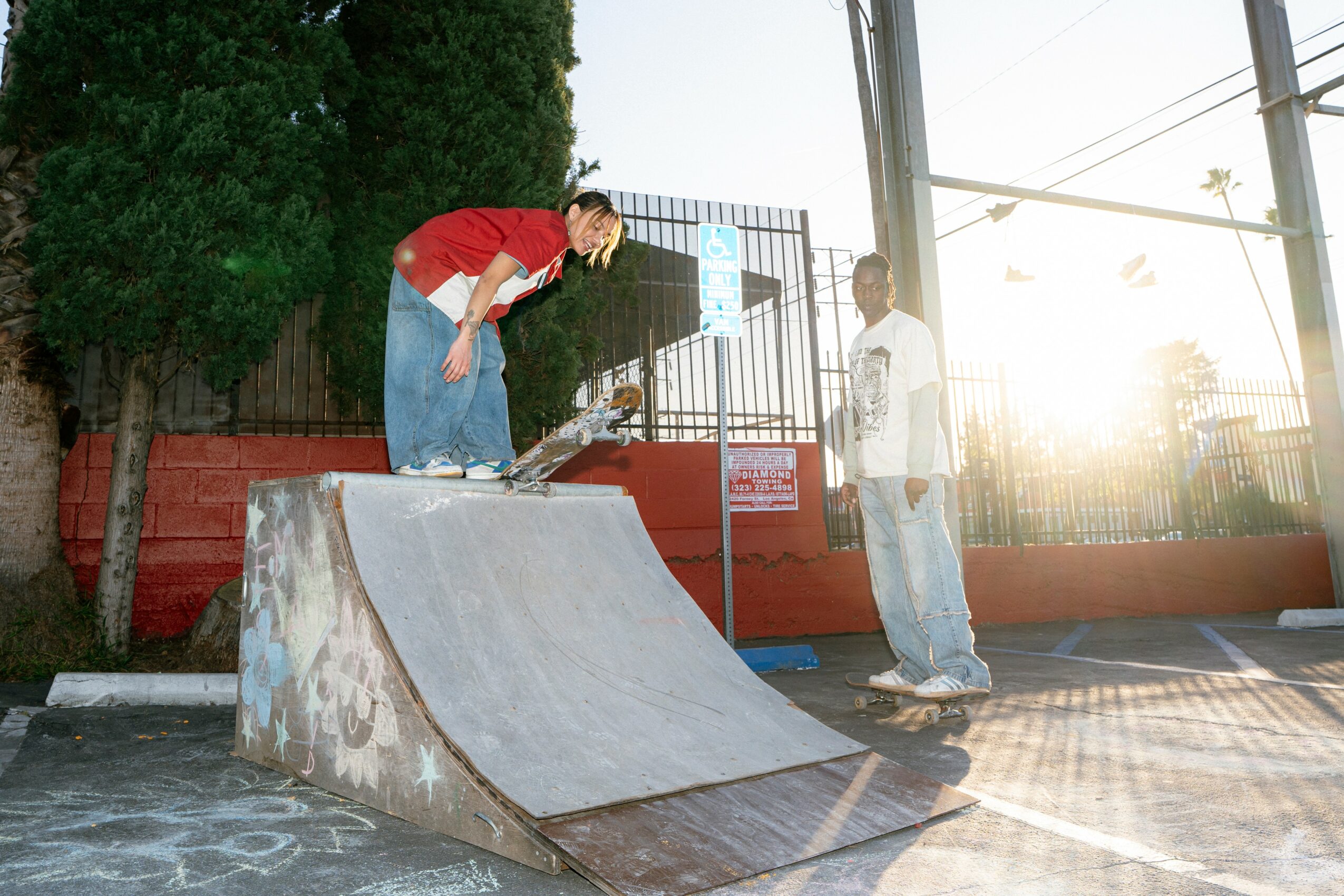
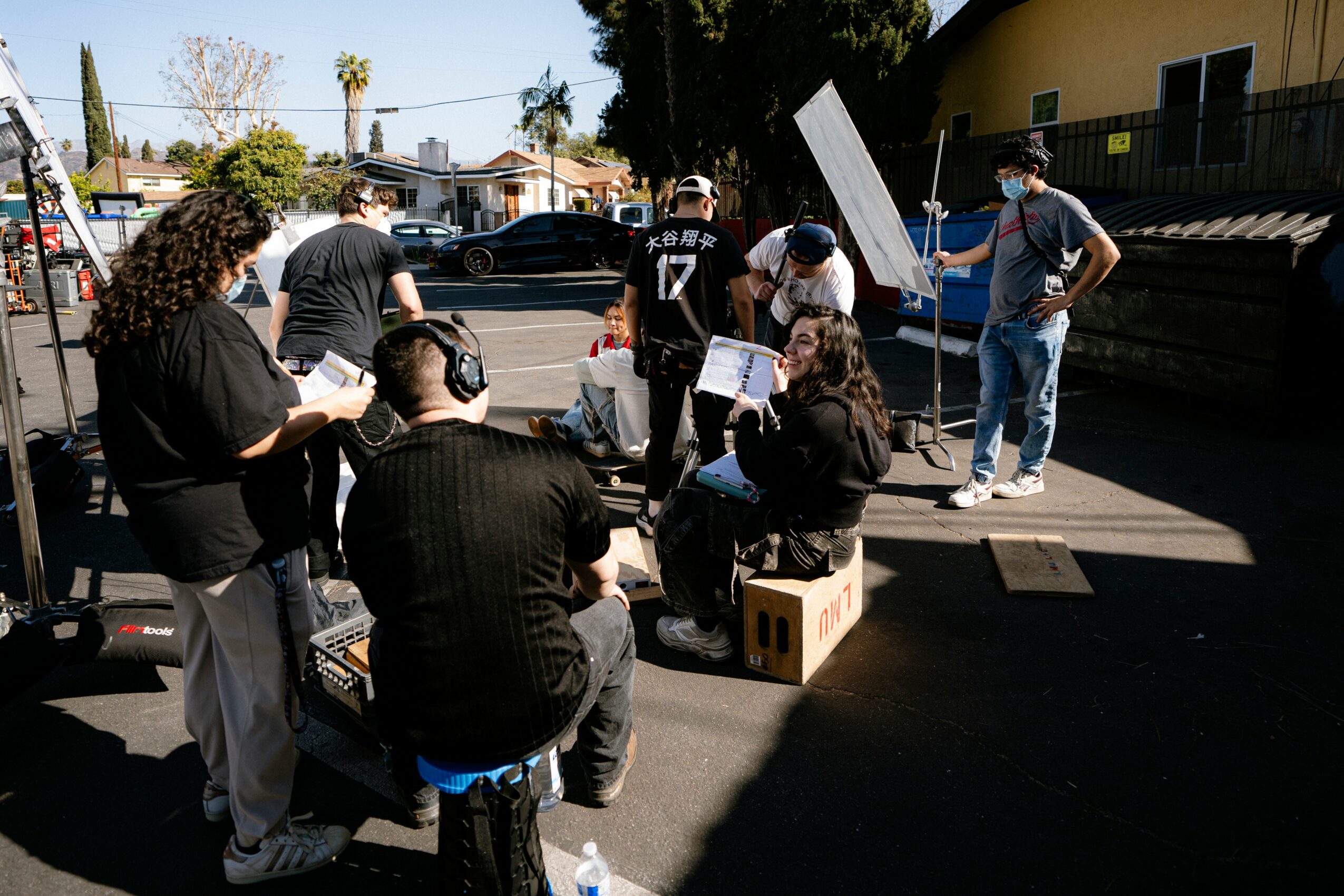
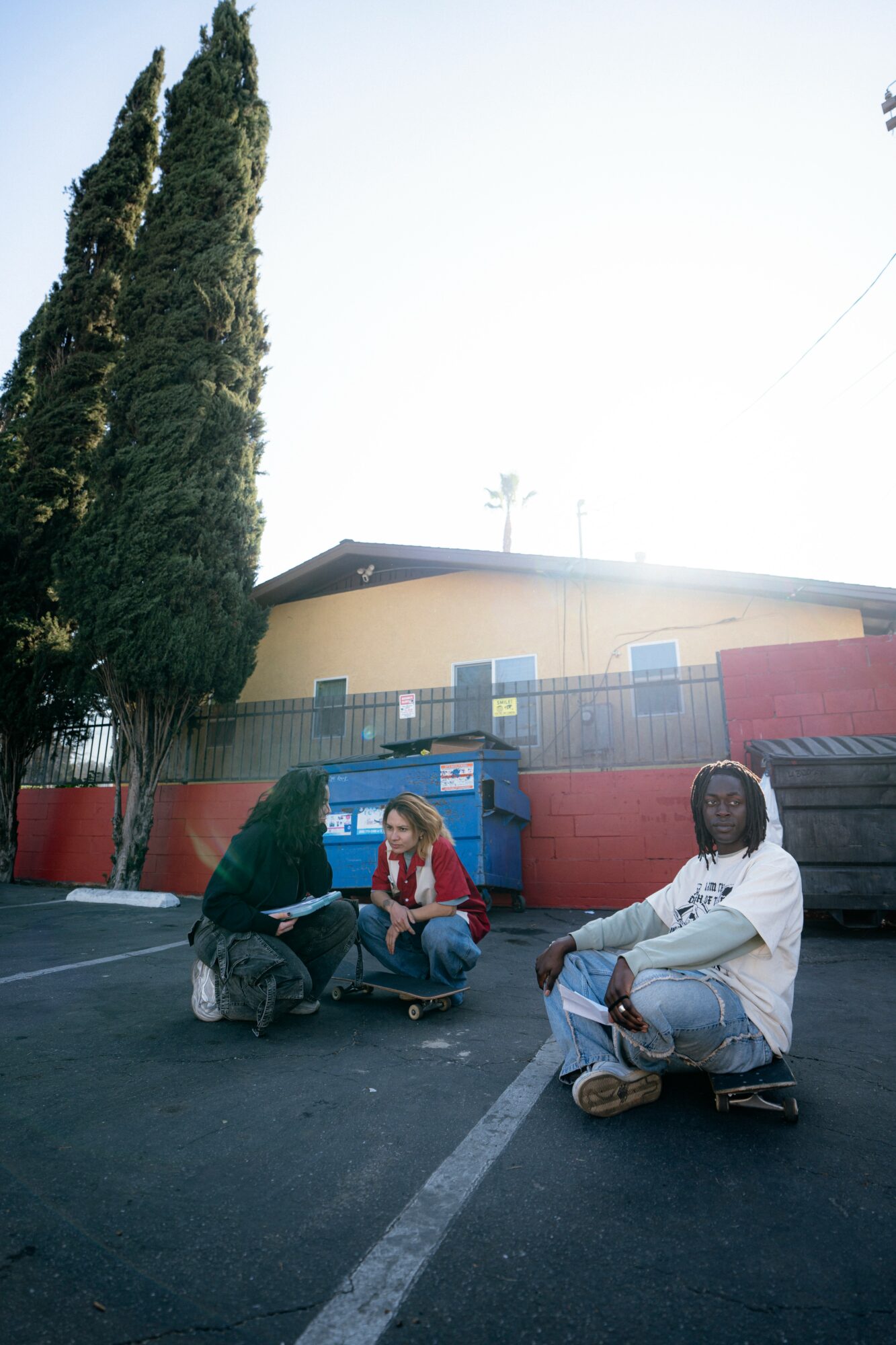
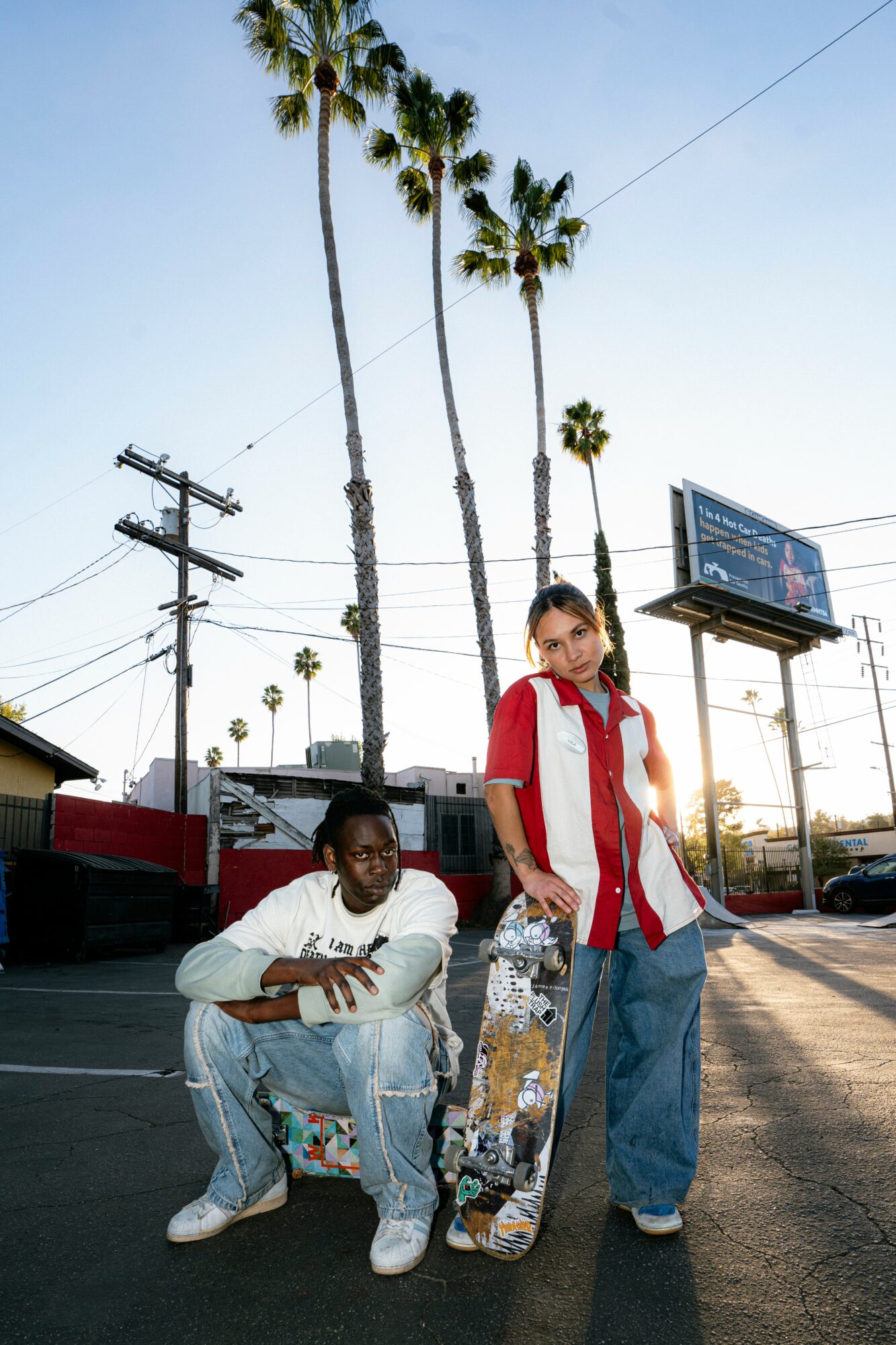
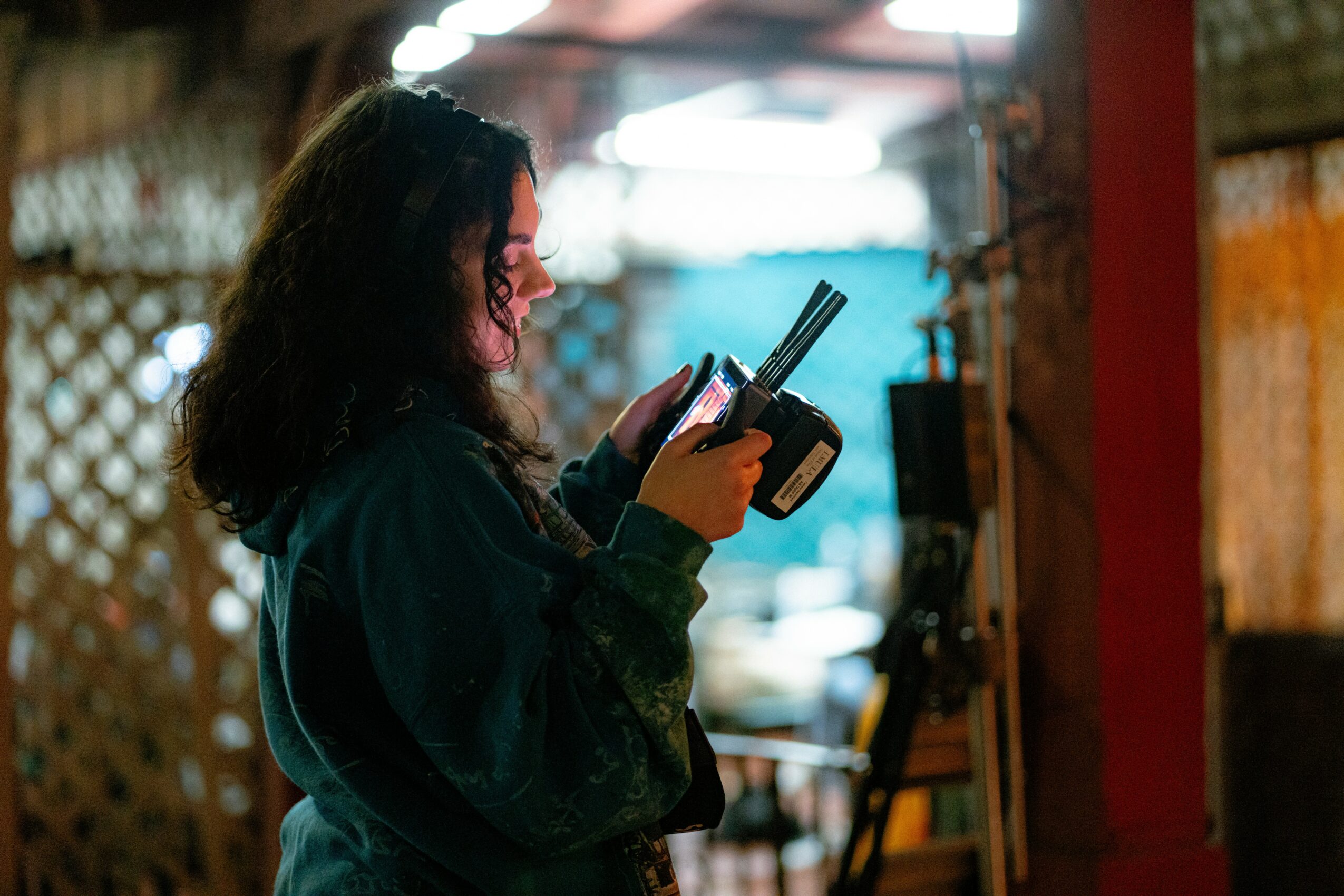
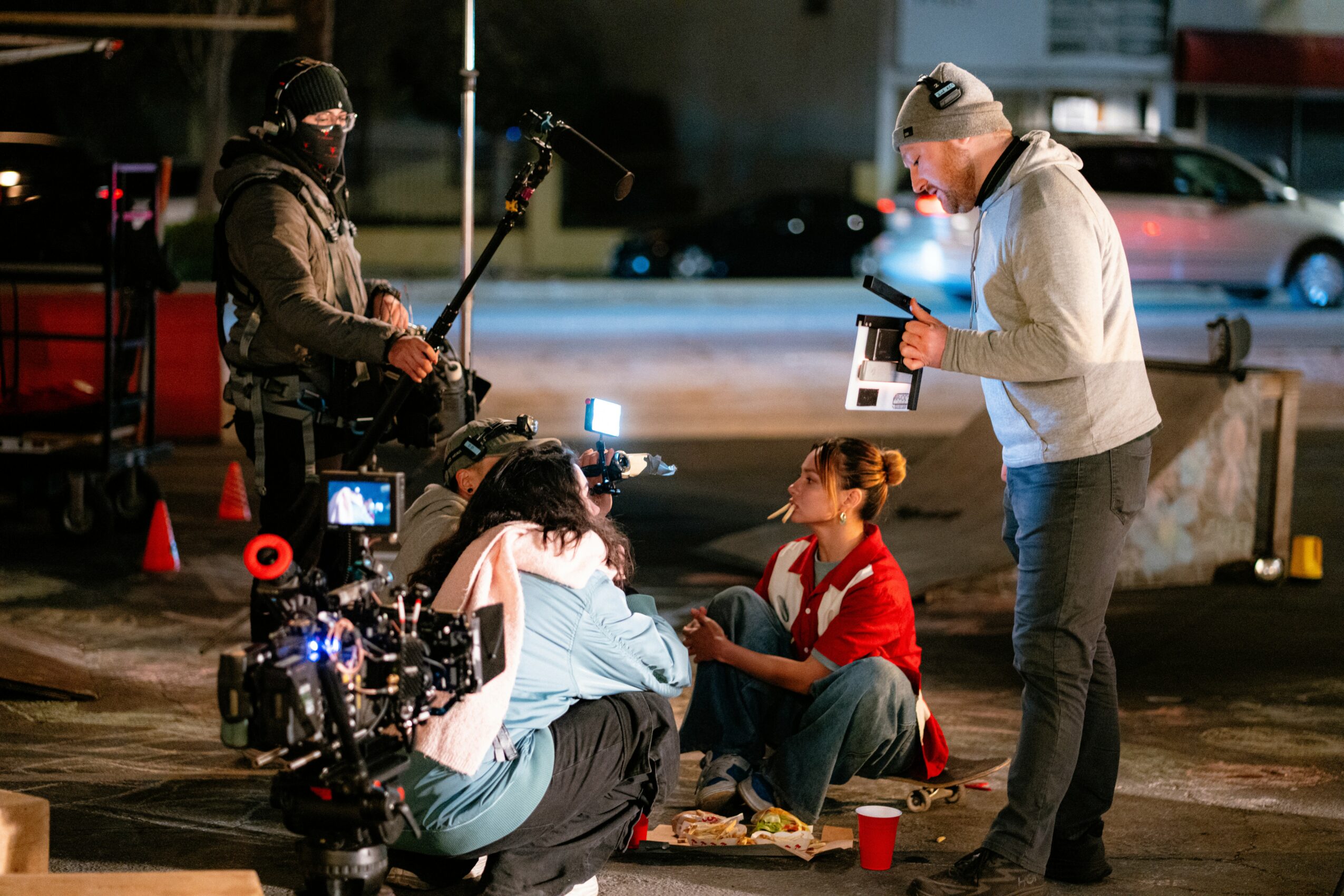
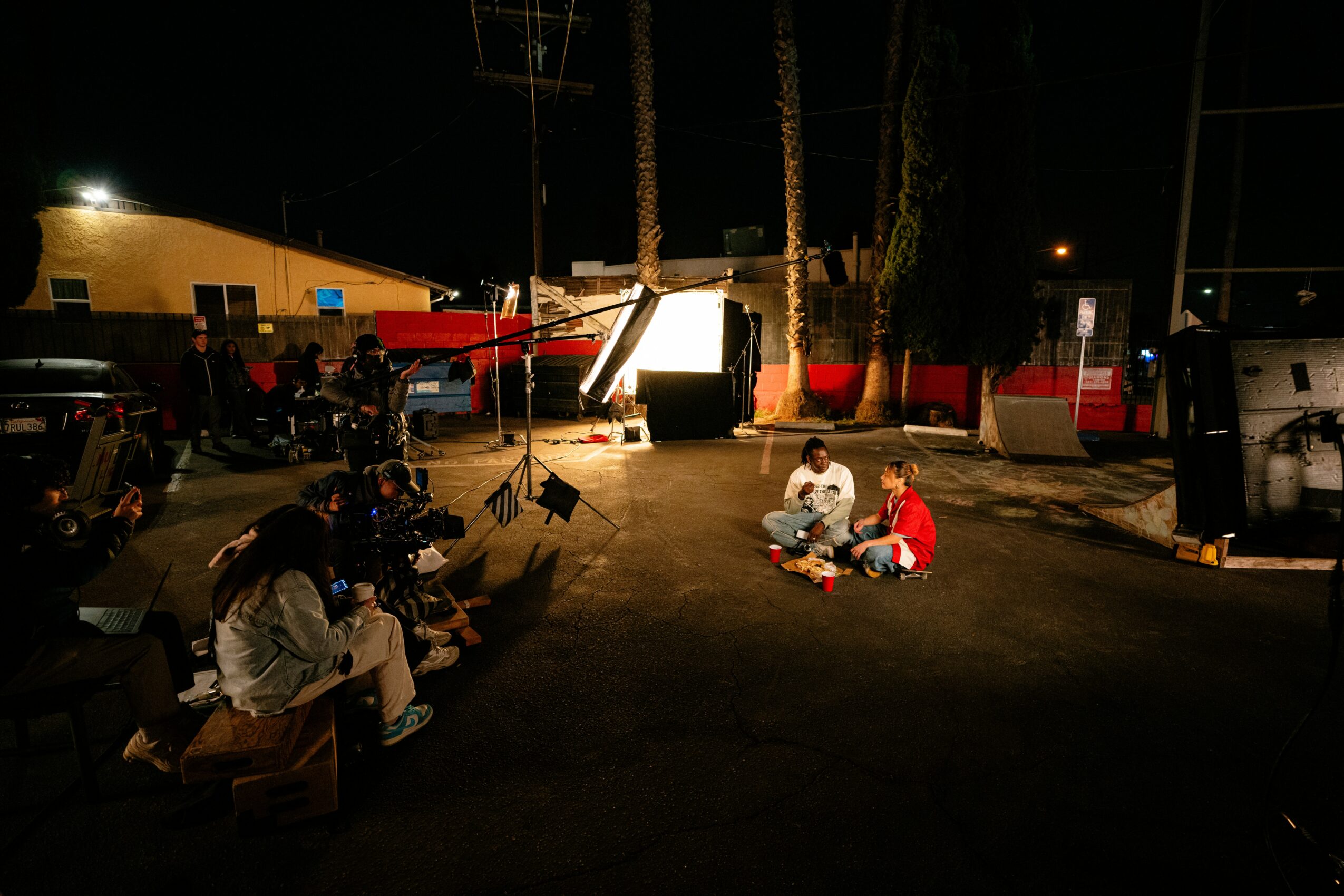
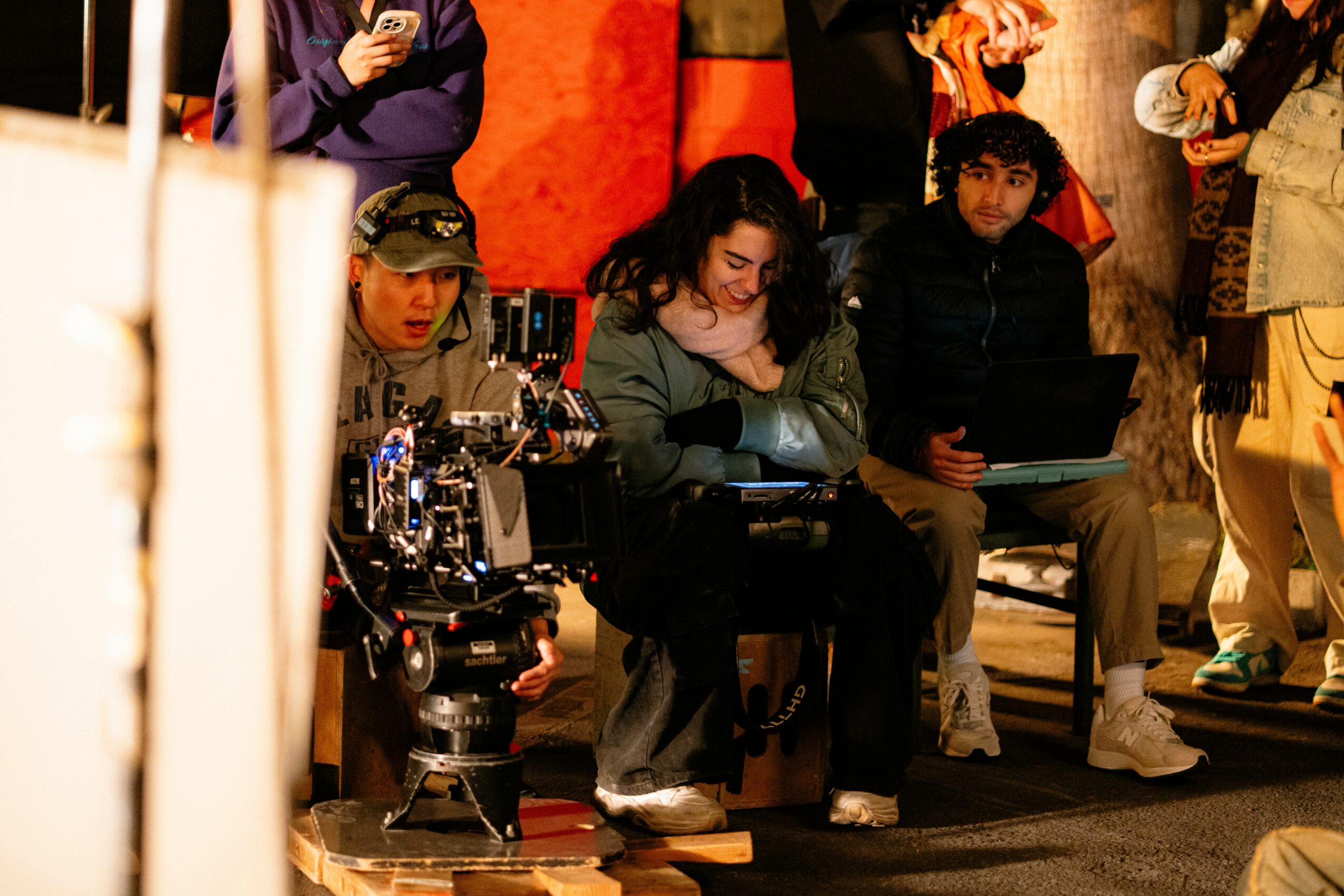
Image Credits
Nick Tomoyasu














